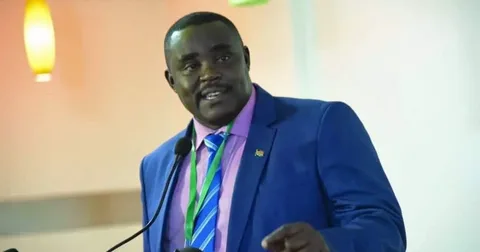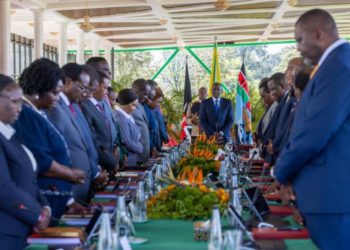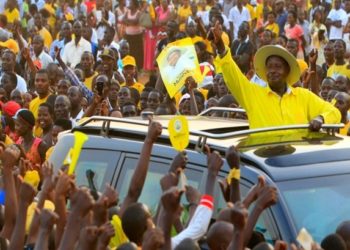The arrest of Cleophas Malala, former Secretary General of the United Democratic Alliance (UDA), has sparked nationwide concern. This incident raises critical questions about political freedom and artistic expression in Kenya.
Malala was detained on April 9, 2025, at Kirobon Girls Secondary School in Nakuru County. He was overseeing rehearsals for the play “Echoes of War,” produced by Butere Girls High School. The play, which critiques social justice and governance issues, had initially been banned but later reinstated by a court ruling.
The arrest was dramatic, involving heavily armed police officers and the use of tear gas to control the crowds. Malala was held for over ten hours at Eldama Ravine Police Station before being released without charges. Critics claim the move was an attempt to silence dissent.
This action drew sharp criticism from political and civic leaders. Former Deputy President Rigathi Gachagua denounced the arrest, saying: “The use of the criminal justice system to suppress creativity and social audit has reached alarming proportions. Harassing creatives is a short-sighted move that ultimately backfires.”
Journalists covering the event faced similar challenges. At least six reporters were injured during the chaos. The Nakuru Journalists Association strongly condemned the attacks, emphasizing the importance of press freedom in a democratic society. In their statement, they asserted: “The media plays a vital role in ensuring accountability. Any attempts to silence journalists must be resisted.”
Malala himself expressed disappointment over the handling of the situation. He empathized with the students, stating: “It is unfortunate to victimize young minds who are merely expressing their views on societal issues.”
This arrest highlights the ongoing tension between authority and freedom of expression in Kenya. It underscores the need for strong safeguards to protect creatives, journalists, and activists as they work to challenge and improve society.


















